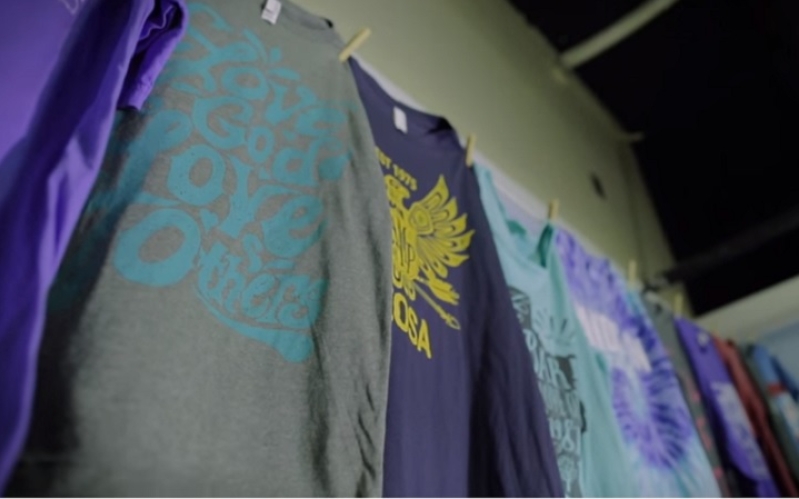
Religious freedom scored a victory when a Kentucky court ruled that Hands On Originals, a shirt printing business, did not engage in unlawful discrimination when it refused to print shirts promoting a gay pride parade.
The Kentucky Court of Appeals upheld a previous decision by the Fayette Circuit Judge James Ishmael that the business did not violate Lexington's fairness ordinance, according to Alliance Defending Freedom, a legal organization that advocates religious freedom.
In the majority opinion, Chief Judge Joy A. Kramer explained that Hands On Originals did not refuse service because of the client's sexual orientation but because of the message they wanted printed on the shirts.
In this case, Blaine Adamson, the shirt printing shop's owner, is free to refuse printing the message if he does not agree with it, she said.
"The right of free speech does not guarantee to any person the right to use someone else's property, even property owned by the government and dedicated to other purposes, as a stage to express ideas," she wrote in her decision.
She said Hands On Originals is involved in the promotion of messages, and it chose not to promote the speech the client wanted.
"Nothing in the fairness ordinance prohibits HOO, a private business, from engaging in viewpoint or message censorship," she added.
The chief judge also noted there was no evidence that Adamson refused clients because of their sexual orientation or gender identity.
According to the ADF, Adamson has conducted business transactions with LGBT persons and even has LGBT employees.
In 2012, Adamson refused to print shirts for the Gay and Lesbian Services Organization because the design promoted the Lexington Pride Festival, a message that he did not agree with. He referred the GLSO to another printer, but the organization filed a discrimination complaint with the Human Rights Commission.
The commission decided that Adamson's refusal to print the gay pride shirts was a violation of Lexington's fairness ordinance. ADF helped Adamson with the case and filed an appeal at the Fayette Circuit Court, which reversed the decision of the Human Rights Commission.
The Human Rights Commission then filed an appeal at the Kentucky Court of Appeals, which affirmed the Fayette Circuit Court's ruling. The Human Rights Commission will decide if it will refer the case to the Kentucky Supreme Court, ADF said.
Adamson said he was glad that the legal system worked in his favor.
"I don't leave my faith at the door when I walk into my business," he told the Lexington Herald Leader in an interview. "In my case, fortunately, the legal system worked."
He also said he would continue to accept gay or lesbian clients as long as they would not ask him to print messages that are against his convictions.
"We commend the court's ruling, which upholds the First Amendment's promise that everyone, including businesses and their owners, can decide for themselves the ideas and beliefs that they choose to express," Bryan Beauman, co-counsel for Adamson and Hands on Originals, said.
Tony Perkins, president of Family Research Council, praised the Kentucky Court of Appeals for its decision.
"This is a case in which it is difficult to overstate the enormous implications for both free speech and religious freedom," Perkins said. "The court was presented with this question: Does government have the power to force citizens to engage in speech they disagree with. The answer is a clear 'no.'"
"This ruling affirms our nation's long history of protecting Americans from being compelled by the government to advocate a message to which one objects."






